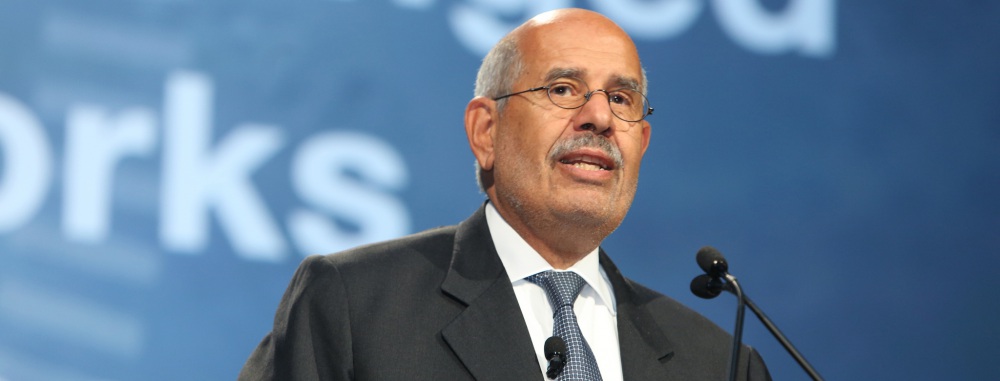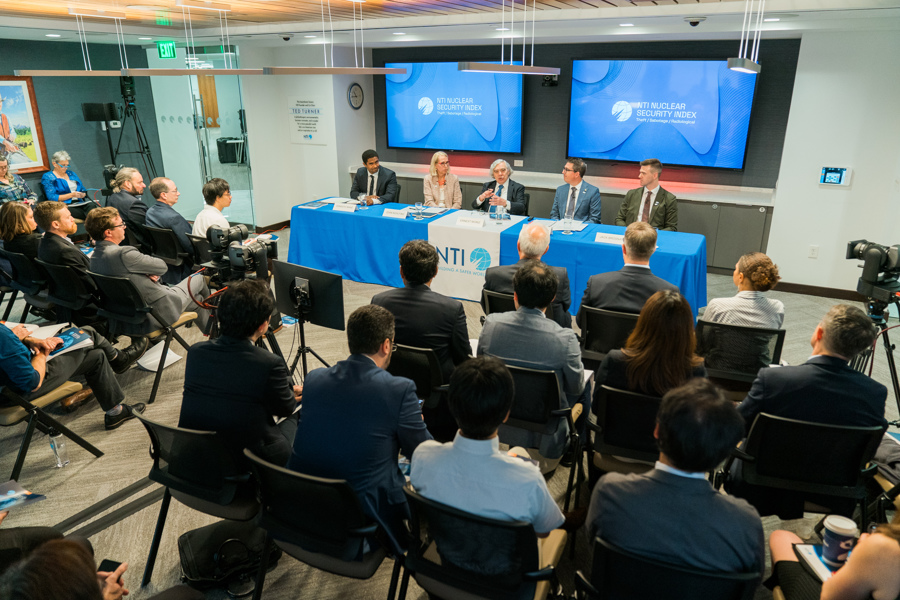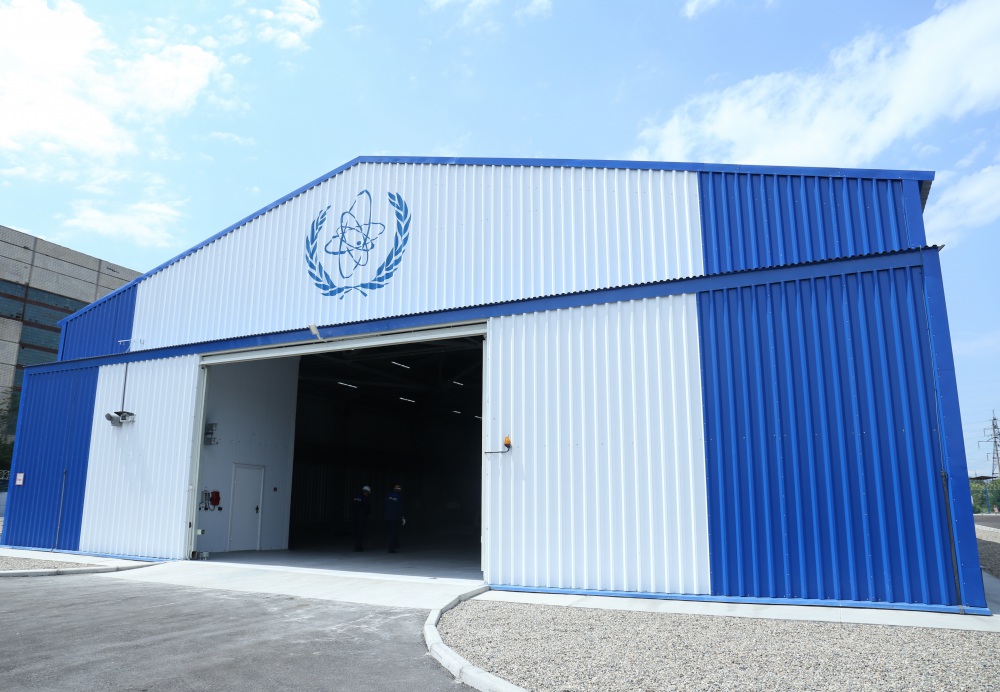NTI/IAEA Fuel Bank Hits $100 Million Milestone; Kuwaiti Contribution Fulfills Buffett Monetary Condition
The government of Kuwait's $10 million commitment to the international fuel bank exceeds the fuel bank's initial goal of $100 million.
Statement from Nobel Laureate and former IAEA Director General Mohamed ElBaradei on the IAEA Low Enriched Uranium Bank:
The inauguration of the IAEA international low enriched uranium bank (LEU Bank) facility in Kazakhstan this month is a bright spot in the international community’s effort to lessen the nuclear danger and strive for a safer world.
It is clear that the very existence of nuclear weapons gives rise to their pursuit. Unfortunately they are seen as a source of global influence, and are valued for their perceived deterrent effect. The fact that some countries possess them (or are protected by them within an alliance) and others do not, has continued to contribute to global insecurity.
It is this awareness of the fragility of the non-proliferation regime that led the International Atomic Energy Agency (IAEA) since the nineties to pursue ways and means to bolster that regime, including through more vigorous inspection and enhanced security for nuclear material.
In 2003, as Director General of the IAEA, I called in addition for a new approach to the most sensitive parts of the nuclear fuel cycle – uranium enrichment and plutonium separation. The idea was to reduce nuclear danger by curbing the proliferation sensitive parts of the nuclear fuel cycle and bringing it under international control, while providing states with assurance of supply that they will get the nuclear fuel they need for their reactors free from any political manipulation.
The idea of an LEU bank was jump started in 2006 by the Nuclear Threat initiative (NTI) who generously pledged $50 million to help create an IAEA owned and operated LEU bank. By 2009 the additional required money was secured from a number of IAEA member states, and in 2010 the IAEA Board of Governors approved the establishment of the Bank. In 2015 an agreement with Kazakhstan to host the Bank was concluded, and through the combined efforts of all parties, including the key role played by Kazakhstan, the facility is now operational.
In the midst of a gloomy international environment the LEU bank is a reminder of what we- governments, civil society and international organizations – can achieve together through international cooperation based on vision, equity and trust.
True security regarding the sensitive parts of the nuclear fuel cycle can only come, however, through the multilateralization of all uranium enrichment and plutonium separation facilities, which should be exclusively under multinational control and subject to international monitoring and verification. The international community would be well served to move in that direction.
The LEU bank, therefore, could be the first step on the road towards a new nuclear security architecture: multilateralization of the entire fuel cycle; and the beginning of a serious process of nuclear disarmament, which should include the conclusion of a verifiable treaty prohibiting the production and stockpiling of weapon usable nuclear material, and the bringing into force of the Nuclear Test Ban Treaty, and obviously, the full implementation of the NPT and its obligation to move to nuclear disarmament.
Finally we need to continue to remind ourselves that a global security system based on the idea that some are more equal than others is not sustainable and almost naïve. The recently concluded Treaty on the prohibition of Nuclear Weapons is a clear indication of the deep concern of the majority of non- nuclear weapon states by the threat posed by the continuing existence of nuclear weapons on the one hand, and the snail pace, of nuclear disarmament on the other, almost five decades after the entry into force of the NPT. I therefore join the UN Secretary General in expressing the hope that the new Treaty will promote “inclusive dialogue and renewed international cooperation” aimed at achieving nuclear disarmament. In the long run only an inclusive and equitable global security architecture is sustainable. The earlier we all realize this the better the chance that we save ourselves from a nuclear apocalypse.
###
Sign up for our newsletter to get the latest on nuclear and biological threats.
The government of Kuwait's $10 million commitment to the international fuel bank exceeds the fuel bank's initial goal of $100 million.
“The bottom line is that the countries and areas with the greatest responsibility for protecting the world from a catastrophic act of nuclear terrorism are derelict in their duty,” the 2023 NTI Index reports.
LEU Bank is model of international cooperation to reduce nuclear proliferation risks and build a safer world


